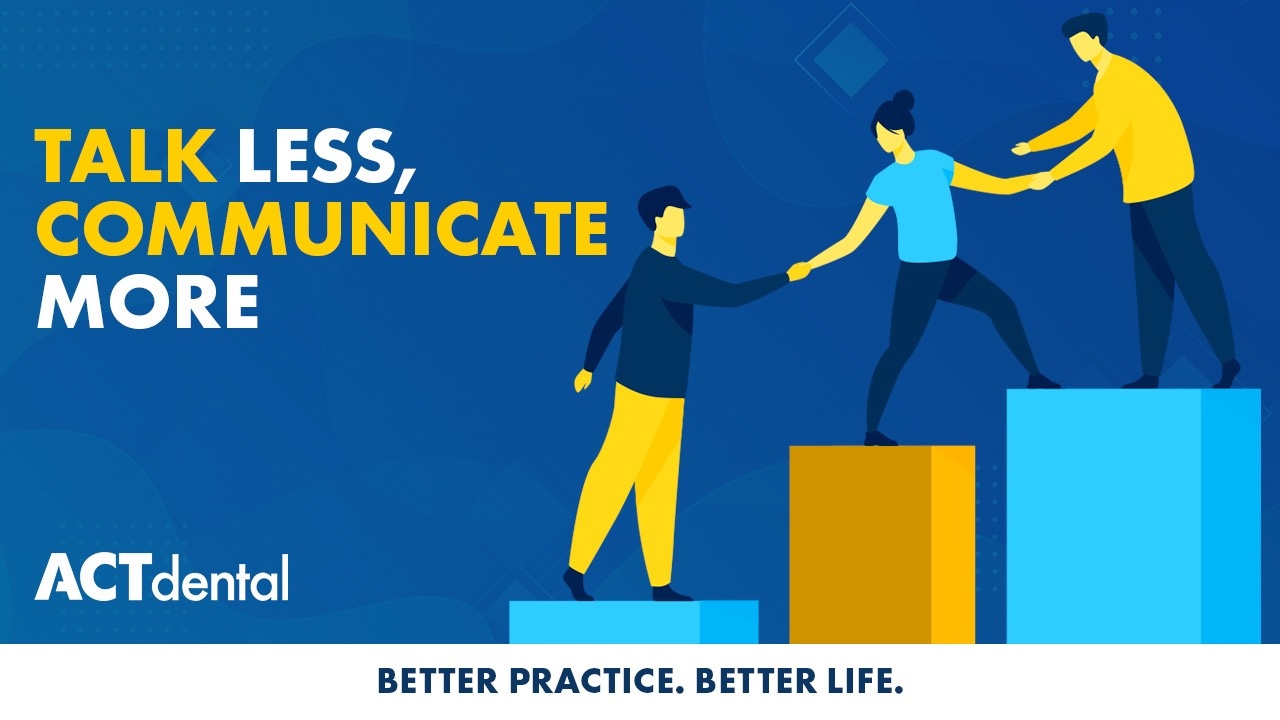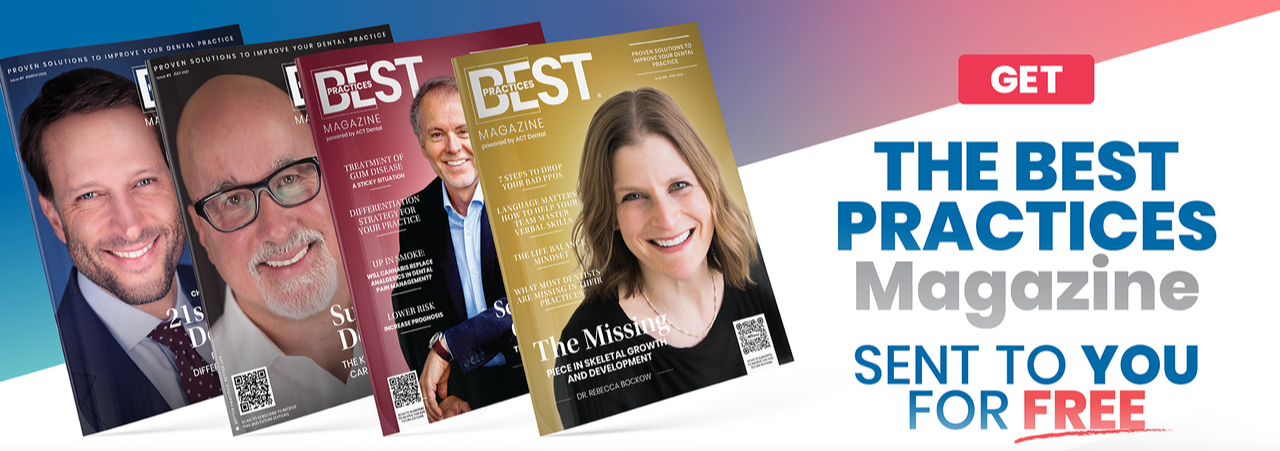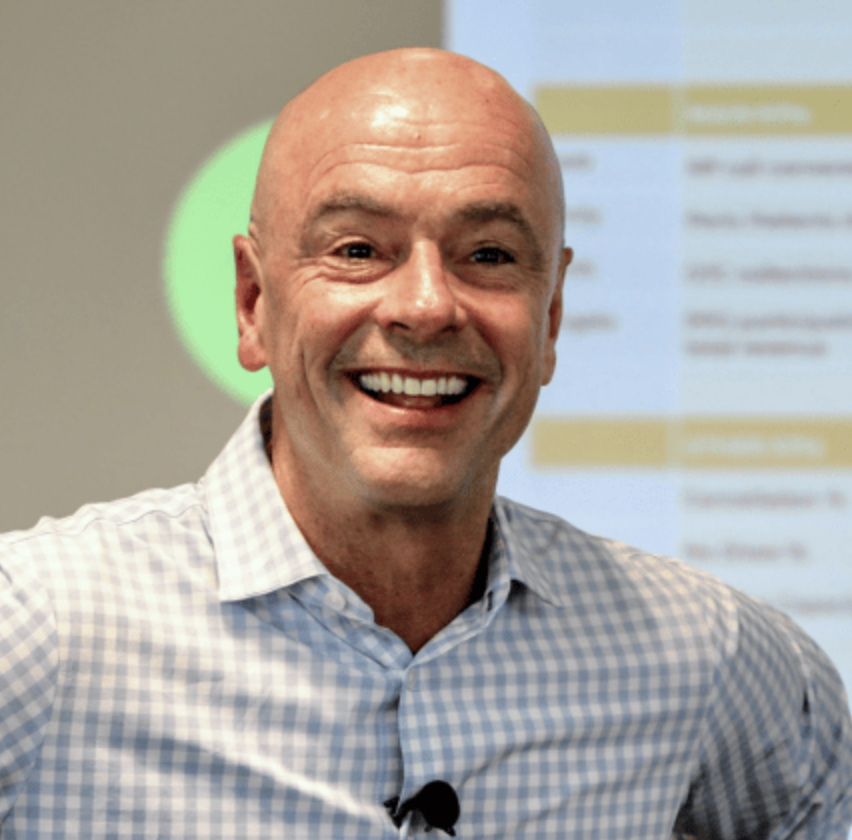It’s tempting to pre-judge what patients are going to say about treatment, but it’s a dangerous road that leads to less case acceptance. When you assume that a patient won’t say “Yes” to the treatment you want to prescribe, you end up underwhelming them with a treatment plan that’s less than what they truly need. Instead, you need to rely on one factor to get patients to accept treatment: trust. Trust drives the marketplace because people buy from those they trust. When a patient sits in your chair, they’re often nervous—even the ones who’ve been there multiple times—so it’s important to utilize good verbal skills to listen and ask questions to help establish trust.
Build Rapport
Rapport is all about building relationships that get us to some level of mutual understanding that makes communication easier. A huge portion of that involves paying attention to verbal cues to see if a patient is open or closed to you. Take note of their:
- Body language
- Eye contact
- Tone and pace of speaking
Pay close attention to whether a patient is open or closed—are their arms crossed or uncrossed? Are they meeting your gaze or avoiding it? If they do appear closed off, try engaging them physically, such as shaking their hand or offering them a drink, as it will cause them to physically open their hand and make them more at ease. When speaking, make sure your speech is aligned with theirs. Match their tempo, volume, and energy, and explain things calmly and clearly. We feel safe when we can see a little bit of ourselves in someone and recognize something of ourselves, so listen to how the patient communicates and let that inform how you communicate with them. People want to do business with their friends and people they trust, and that only comes from authentic rapport.
Create Safety
If you don’t pay attention to a patient’s nonverbal cues, you can scare and confuse them. The human brain unconsciously scans five times per second, checking your surroundings to determine if you’re in a safe environment. When a patient doesn’t feel like they’re safe, the amygdala hijacks the brain and causes them to close off. The brain is always asking, “Are you with me or against me?” If it assumes you’re against it, how likely is the patient to engage in and trust what you recommend? From a biological standpoint, we need to get people’s brains away from this and into a place where they feel safe and can trust you.
Ask Good Questions
We want to engage the brain and activate the prefrontal cortex, which controls reasoning, thinking, planning, and decision making. The best way to do so is by asking good questions. Kirk says that “The person that’s asking questions is controlling the conversation,” so utilize open-ended questions to guide the conversation to a mutually beneficial situation for you and the patient instead of assuming what they’ll accept. Some questions I like are:
- “What’s on your mind?”
- “And what else?”
When you ask a patient what’s on their mind, you’re forcing their brains to think and open new neural pathways, and it encourages them to go right to what’s provoking anxiety, consuming their thoughts, or matters most. Asking “What else?” is my absolute favorite question because I’ve found that the first answer someone gives is never the complete answer, nor is it totally accurate. There’s always something else, so encourage them to get to the source. The key to being a good communicator is not by talking—it’s through listening that we learn more about our patients and how we can help them. And the key to that is asking questions. Michael Bungay Stanier discusses in great detail the importance of asking questions in his book The Coaching Habit, and I recommend it as a great starting point.
Instead of basing your treatment plans on an assumption, stop and learn to communicate effectively with your patients. When a patient trusts you, they’re more likely to believe you and accept the treatment from a place of understanding, even if you initially think they won’t. It’s not a patch you can quickly slap on, but rather something that must be improved constantly, so let the coaches at ACT help you today. We’ll help you start adding small habits and then layer more on, bringing you to the point where you have trust-based relationships with your patients. You’ll see your case numbers fly through the roof, helping you achieve a Better Practice, and a Better Life!
Jenni Poulos is a Lead Practice Coach at ACT
Categories
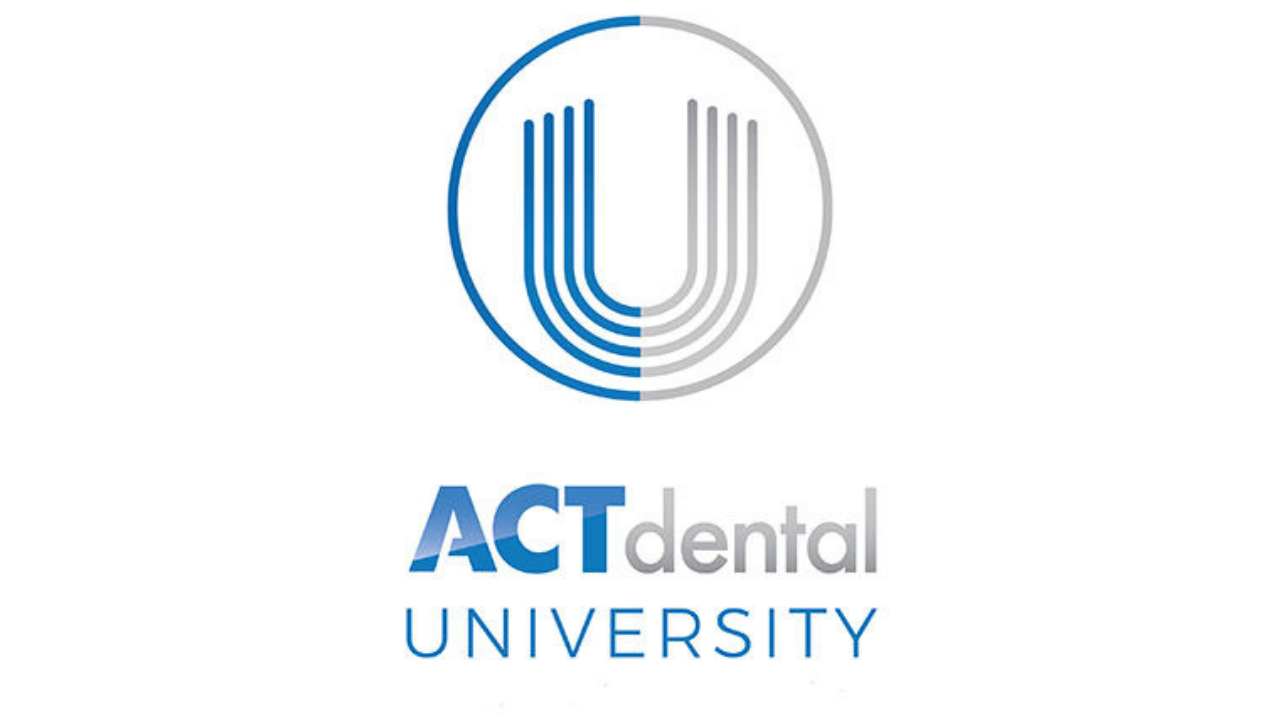
Get access to the best dental educators on the planet to bring you "best practices" and help you become the dentist you were called to be. Watch what you want, when you want it. It's 24/7 on-demand access. Friday's we host "Master Classes" with the very best dental speakers you will ever see.
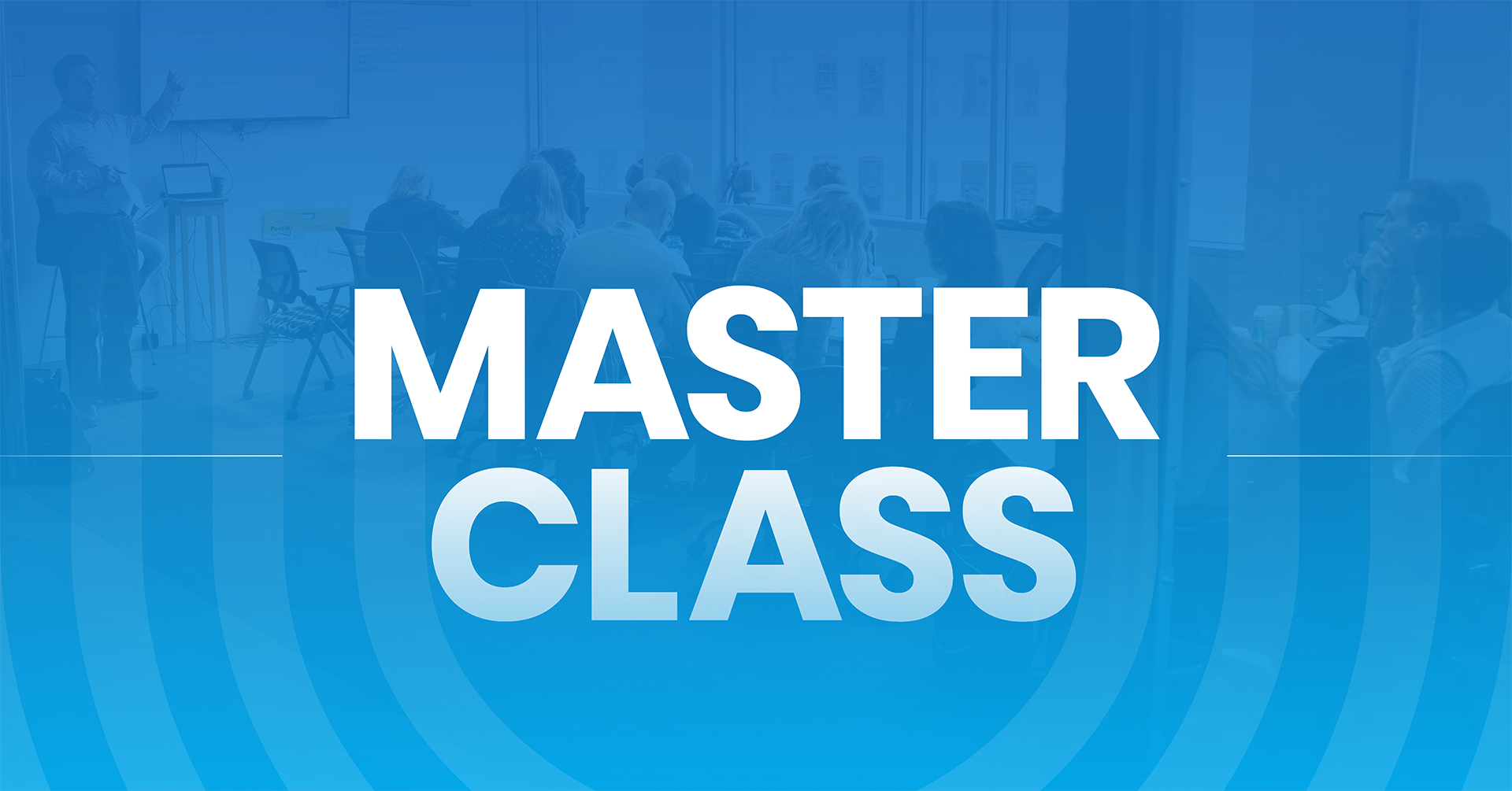
Reserve your spot at the next ACT Dental Master Class
Learn From One of the Best Educators During Our BEST PRACTICES MASTER CLASS Experience.
Kirk Behrendt
Kirk Behrendt is a renowned consultant and speaker in the dental industry, known for his expertise in helping dentists create better practices and better lives. With over 30 years of experience in the field, Kirk has dedicated his professional life to optimizing the best systems and practices in dentistry. Kirk has been a featured speaker at every major dental meeting in the United States. His company, ACT Dental, has consistently been ranked as one of the top dental consultants in Dentistry Today's annual rankings for the past 10 years. In addition, ACT Dental was named one of the fastest-growing companies in the United States by Inc Magazine, appearing on their Inc 5000 list. Kirk's motivational skills are widely recognized in the dental industry. Dr. Peter Dawson of The Dawson Academy has referred to Kirk as "THE best motivator I have ever heard." Kirk has also assembled a trusted team of advisor experts who work with dentists to customize individual solutions that meet their unique needs. When he's not motivating dentists and their teams, Kirk enjoys coaching his children's sports teams and spending time with his amazing wife, Sarah, and their four children, Kinzie, Lily, Zoe, and Bo.
RECENT POSTS
876: The Kois-Coachman Digital Dentistry Event & The IntraOral Scanner Festival – Dr. Christian Coachman
April 18, 2025
Rest Isn't A Reward, It's A Requirement!
April 14, 2025
Data Snapshot: # of Office Days Open
April 11, 2025
Weather Any Storm: The Power of Focus
April 07, 2025
871: Metric Mondays: Gross Profit Percentage: The Health Indicator of Your Practice – Dr. Barrett Straub
April 07, 2025
Embrace Conflict to Unlock Trust
April 04, 2025
